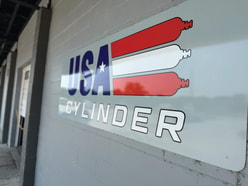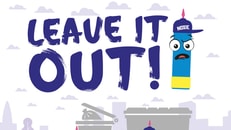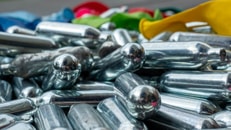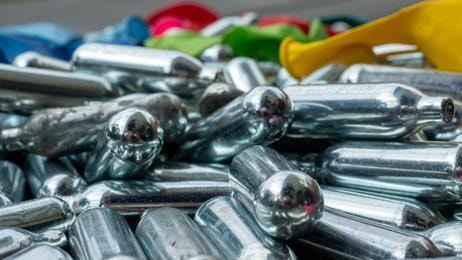UK nitrous oxide ban comes into force
The possession of nitrous oxide has today (8th November) been made illegal if it is – or is likely to be – ‘wrongfully inhaled’ under an updated law which classifies the gas as a Class C drug under the Misuse of Drugs Act 1971.
According to the UK’s Home Office, those breaking the law could receive an unlimited fine, community punishment and/or a prison sentence for repeat serious offenders.
Under the previous law, it was illegal to produce, supply, import or export nitrous oxide for psychoactive purposes.
... to continue reading you must be subscribed
























